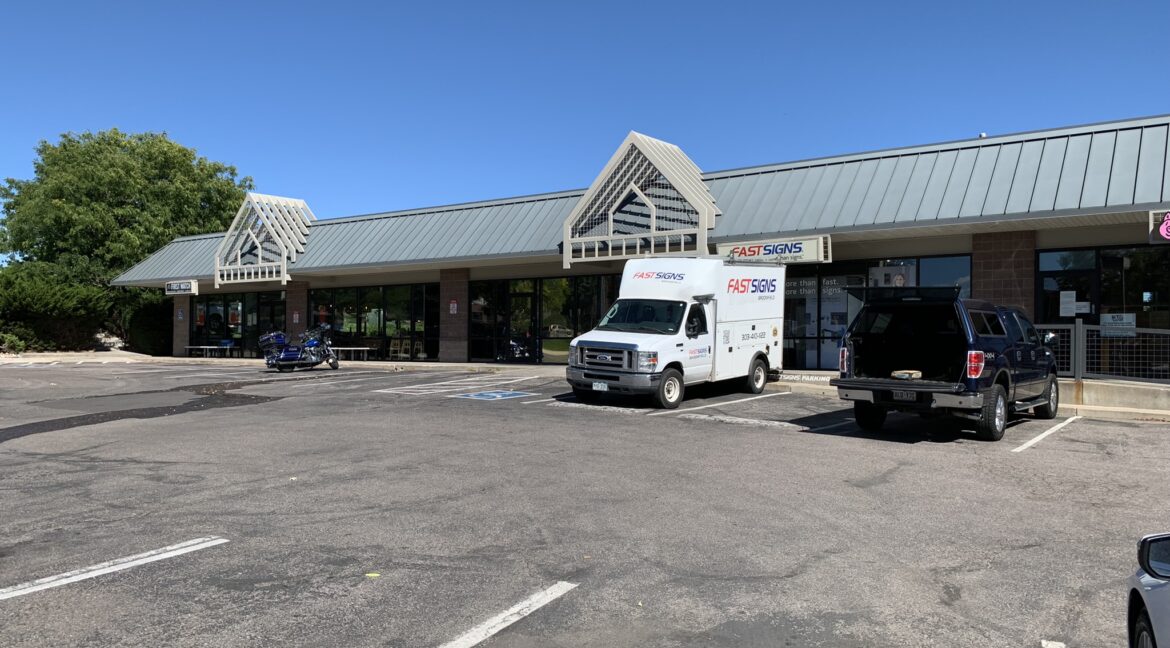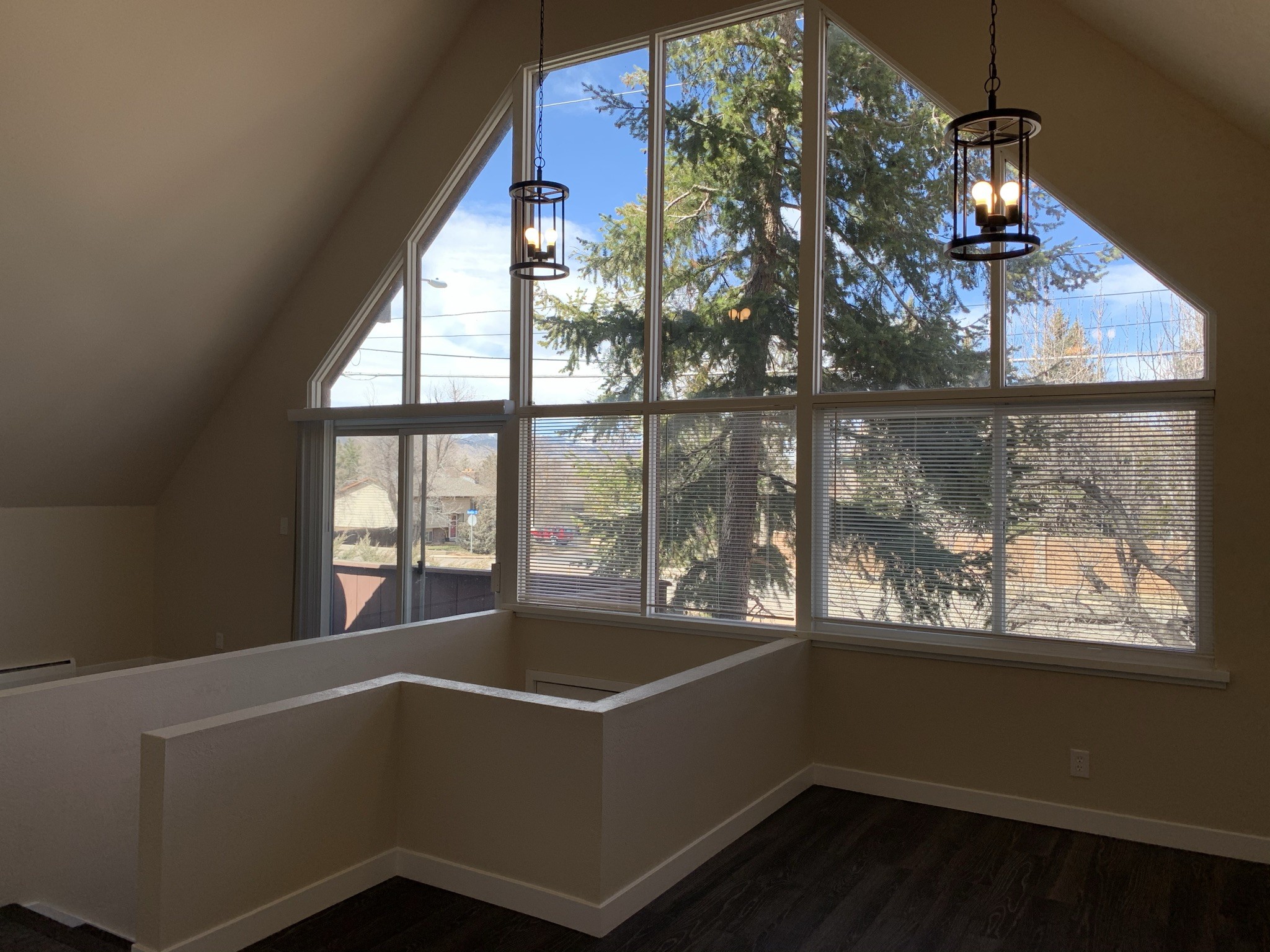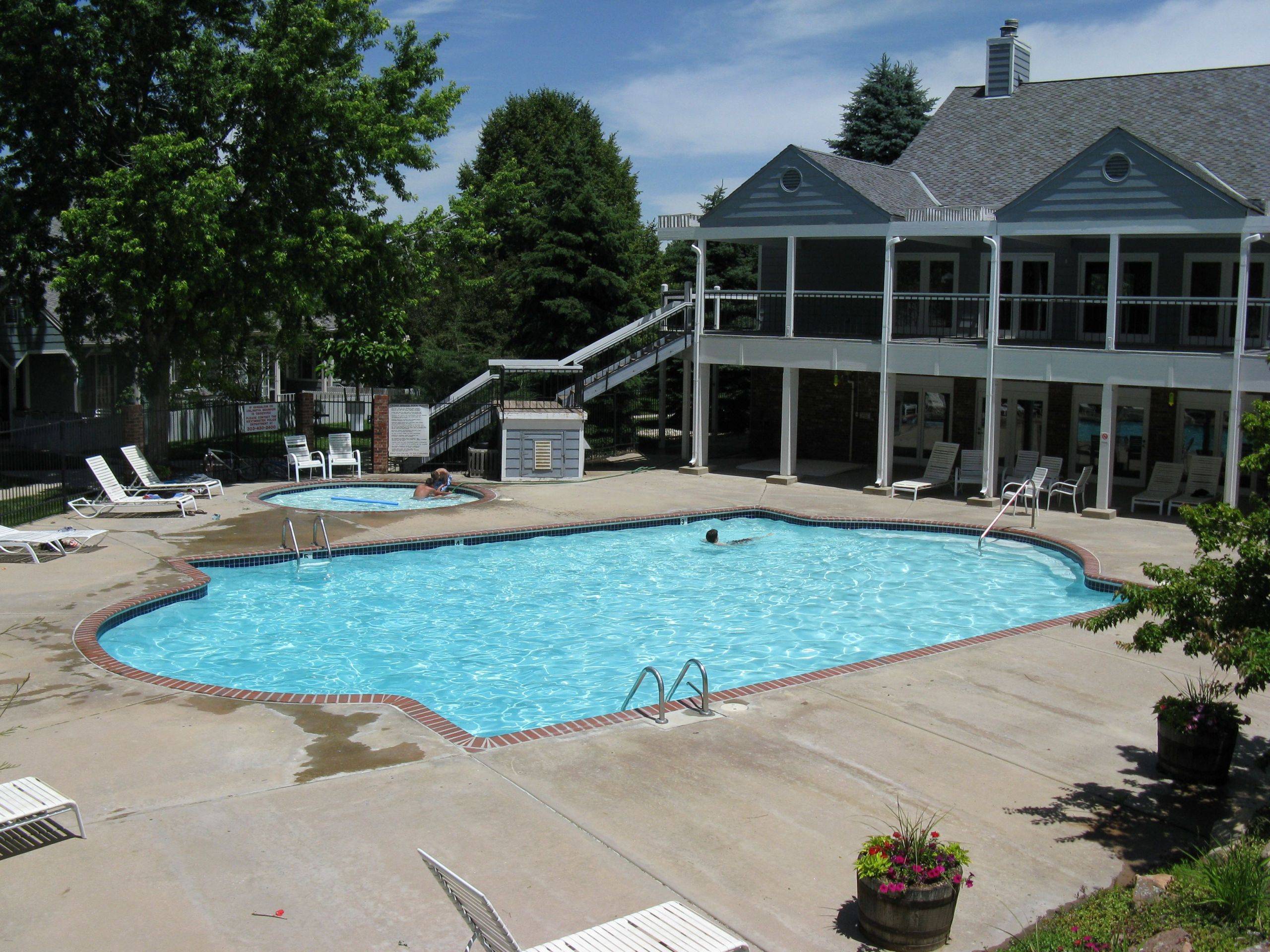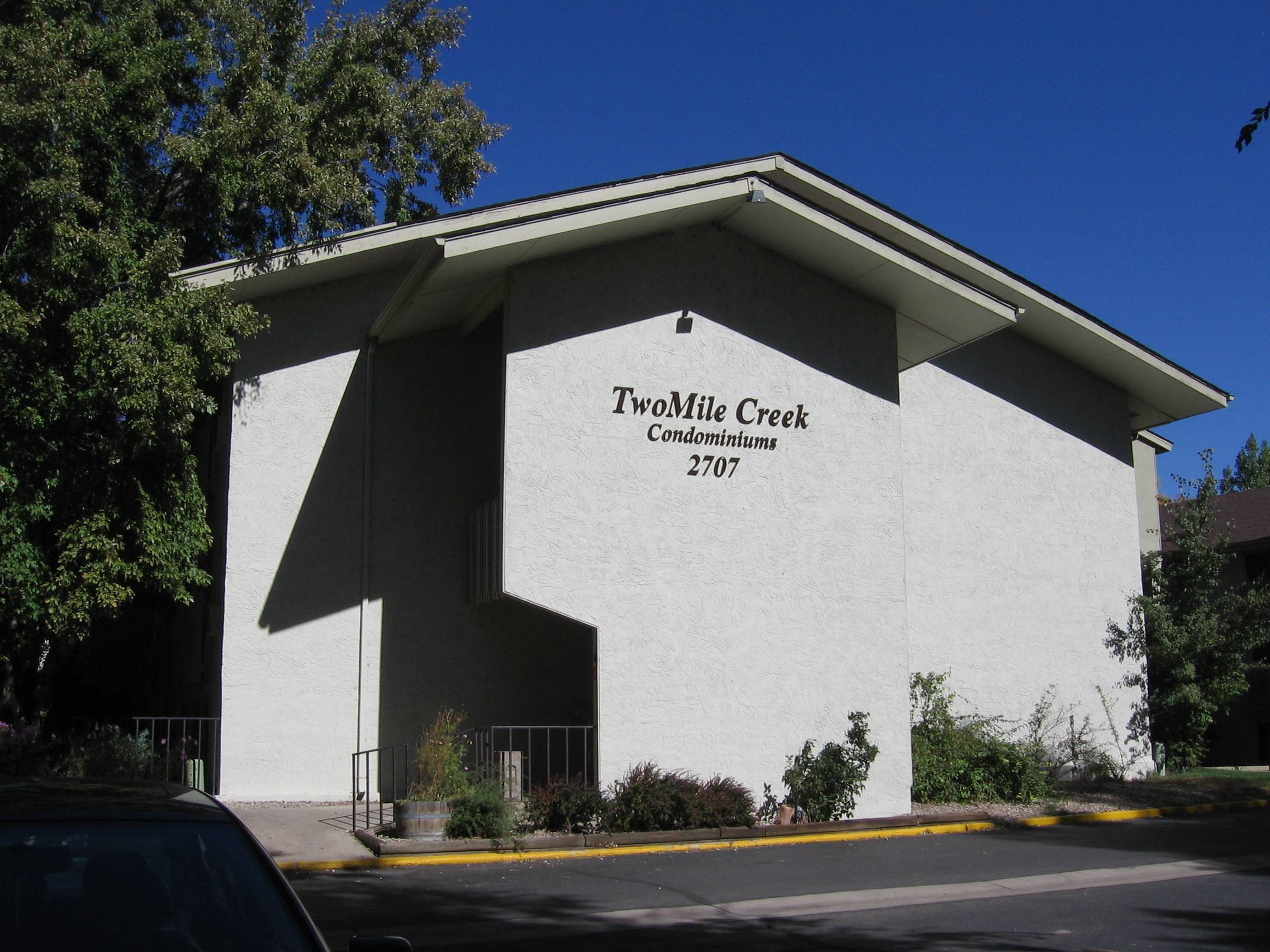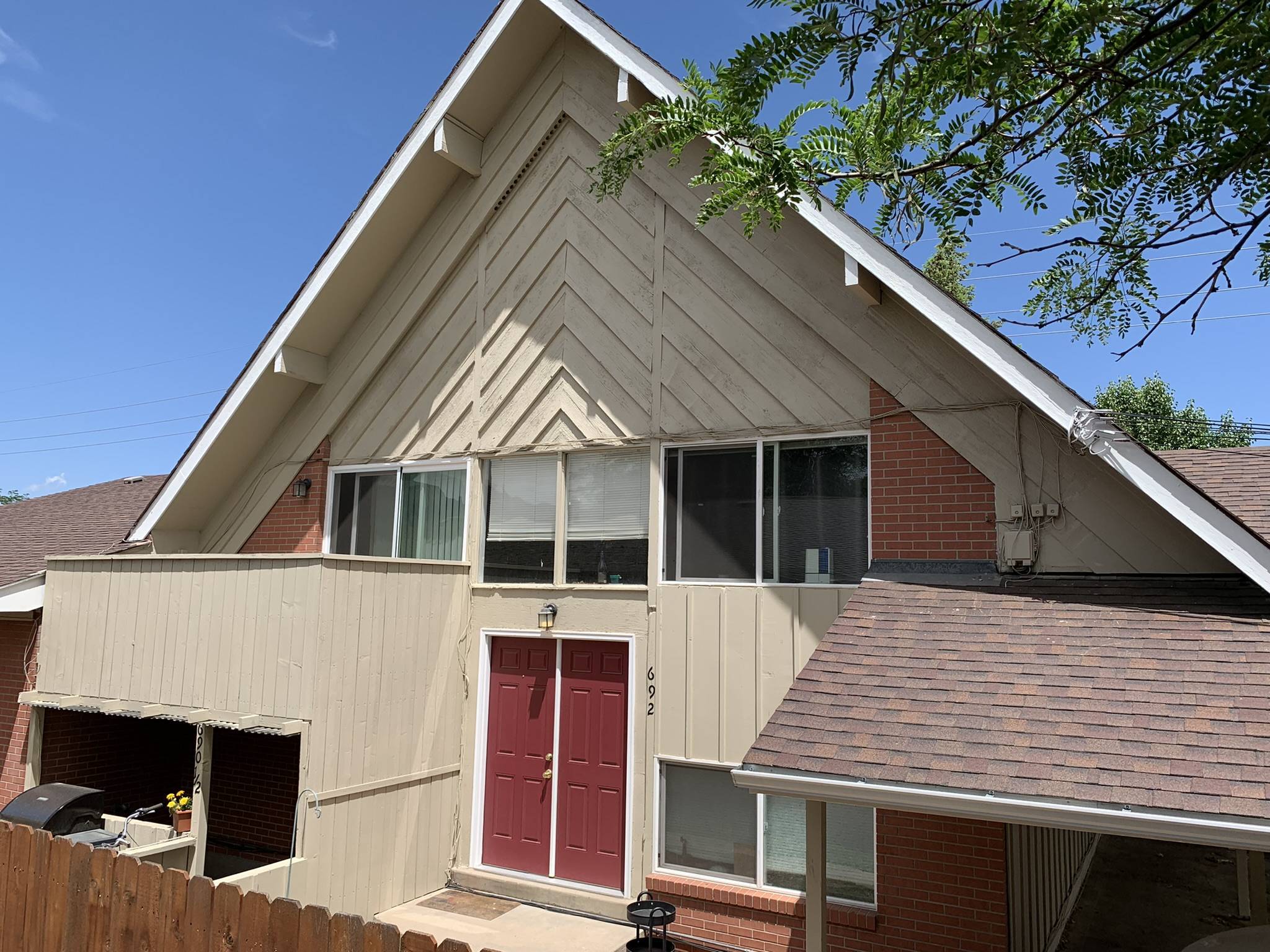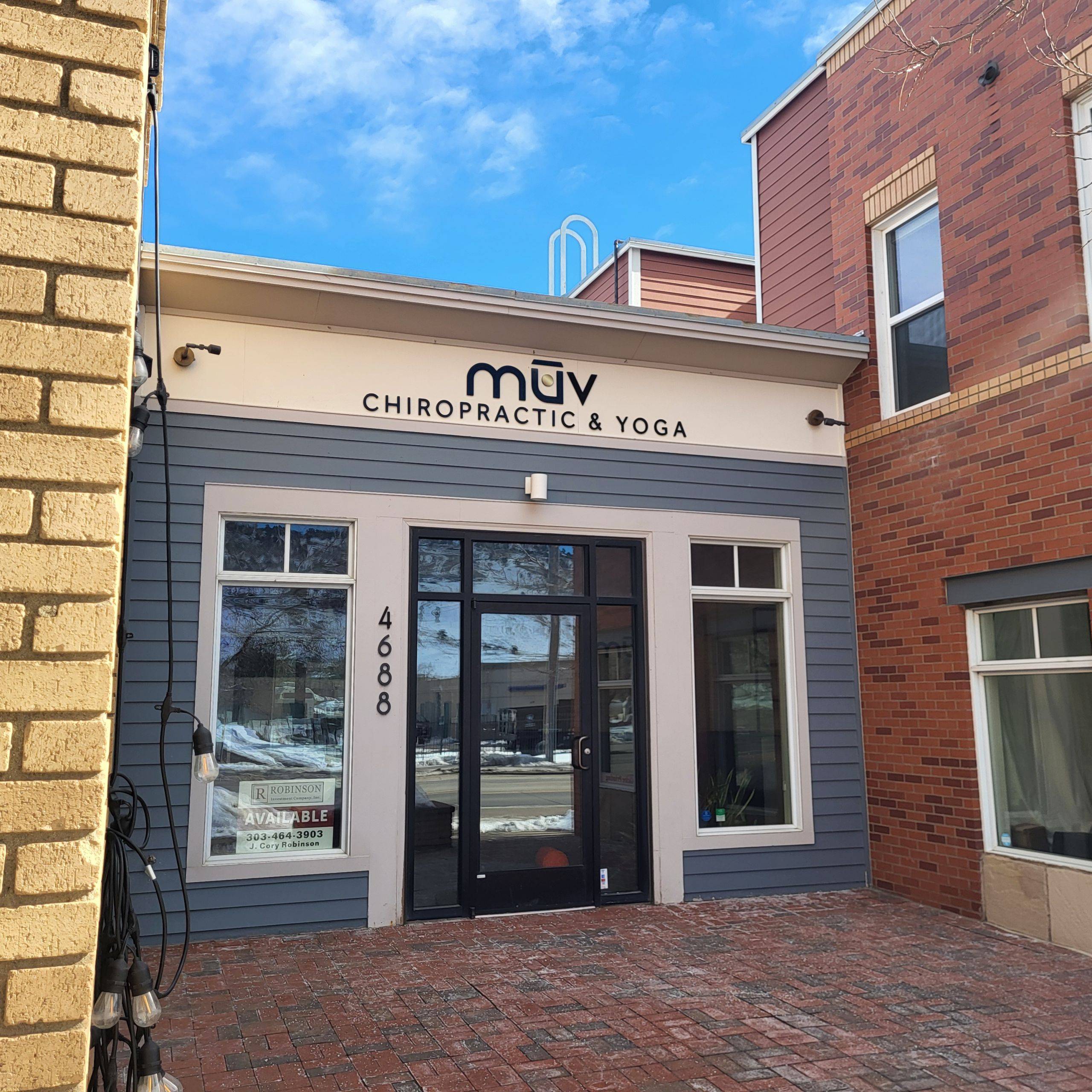FAQs
Do you have Questions?
Welcome to our FAQ section! Here, we’ve gathered some of the most common questions our users ask, along with clear and helpful answers. Whether you’re looking for quick information, need guidance, or want to clarify a doubt, this page is designed to make your experience smooth and hassle-free. If you don’t find your question here, feel free to reach out—we’re always happy to help!
Send your rent to 1140 U.S. Highway 287, Suite 400-290, Broomfield, CO 80020. This address is a private mailbox in a UPS store, located in the King Soopers shopping center at the corner of Miramonte and Highway 287 in Broomfield. You can also drop your rent off in person there, during their regular business hours of M-F 8:30am to 6:30pm, and Saturdays from 9:00am to 4:00pm. Periodically, their hours change due to holidays. During holiday seasons, we suggest calling them first at 303-635-0400 to make sure they are open. Need directions? Click here for a map.
We do not have a public office. If you need to meet with us, please call or email us for an appointment and we will meet you at the property or a mutually agreed upon place. Generally, we are available on the phone M-F from 8:00am to 5:00pm and outside those hours we check our voicemail and email frequently.
You can call us at 303-464-3903 or email us with your request.
A maintenance emergency is a situation that requires immediate attention, such as no heat in the winter, a large water leak, flooding, a sewer backup, an electrical malfunction or a gas leak, no water, no hot water, a fire, or severe property damage. Call our office immediately at 303-464-3903. When we are not available, listen to our message for a number to call for assistance.
We understand that life can come at you in ways that you don’t anticipate and sometimes a move is necessary prior to the expiration of your lease. Generally, we will allow you out of your lease agreement early if you procure an acceptable party to lease the property for the balance of your lease. Also, we may allow you to sublet the property to a party who is not on the lease. You need to keep in mind that if you have a subtenant, you (not your subtenant) will remain responsible for the lease. We may charge a fee for our time depending upon how highly we need to be involved in each individual situation. In either instance, we need to approve the new resident. We will exercise reasonableness in accepting a new resident.
We endeavor to rent to those persons who have a verifiable ability to pay the rent and have a good rental history. In making these determinations, we may rely on such outside sources as credit bureaus, court records, landlord references, employment verifications, etc. In some areas of Boulder, we require a larger deposit (two months rent). We do not charge an application fee.
The owner of each property is responsible for regular repairs and maintenance, except in instances where the cause of the repair was due to misuse, abuse or failure to report a necessary repair by the resident.
The most commonly charged back repairs are those repairs related to plumbing systems; specifically toilets, drains, and in sink disposals. You should never flush anything down a toilet other than what is obvious and toilet paper. Never flush feminine products, paper towels, condoms, cigarette butts or similar items down the toilet. These products can cause toilet malfunctions, and in severe instances, actually block the sewer line of a property, which is a maintenance emergency. A common misconception about in sink disposals is that they are “in sink trash cans.” They are not; they are intended for the small amount of soft food left on your plate. The disposal chops up those soft food particles so they don’t plug up the drain. Too much food in the disposal will cause a problem. They are also not for aquarium rocks, bottle caps, cigarette butts or paper products (this may seem obvious but it happens a lot).
The City of Boulder requires snow to be removed from sidewalks by noon the day after the snow stops falling. When snow is not properly removed before that deadline, the owner may receive a court summons and face a large fine. Therefore, we have a contractor who will check the properties, and if necessary, remove snow. Unfortunately, the contractor cannot wait until the deadline at all our properties before removing snow. We suggest you immediately remove snow from the sidewalks, so when the contractor checks the property, it is already done. In high traffic areas such as University Hill, if snow is not immediately removed, it becomes packed down and forms ice, which is very difficult to remove and is an unsafe condition.
Normal wear and tear includes deterioration of the premises that occurs during normal conditions. For example, paint may fade, electrical switches may wear out and break, pull strings on blinds my fray or break, carpet and tile may wear down. These things happen even if the tenant cleans regularly and cares for the premises reasonably. Damage, however, occurs from unreasonable use or accidents. Damage can include extreme build up of dirt, mold, etc., stains on carpets, and broken windows. Intentional alterations to the premises are considered damage. For example, the tenant cannot leave large holes in the walls from shelving or hanging pictures, and cannot repaint the walls to significantly change the color. If a tenant wants to make changes to the premises that will remain after the tenant moves out, the tenant should do so only with the landlord’s written permission.
Below are some examples of Normal Wear and Tear versus Damage:
Wear & Tear
Damages
Joint and several liability means that all the tenants on a lease are responsible for all the rent and all of the damages, regardless of how they divide rent and other financial issues between themselves. If one person does not pay the rent, the other tenants are liable for that share of the rent, or they are all subject to eviction for non-payment of rent. It is up to the tenants, not the landlord, to collect from the non-paying tenant.
Renters insurance covers damage to or loss of your personal property. The owner of each property has insurance for the physical building against damage from occurrences such as fire, hail, and vandalism, but their insurance policy does not cover your belongings.
Renters insurance can also protect against liability lawsuits or medical bills of guests injured in your apartment.


